-
×
-
×
-
×
-
×
-
×
-
×
-
×
-
×
Assorted Colour Vampire Crab Geosesarma Sp 2-3Cm 1 × £8.71
-
×
Red Devil Vampire Crab - Geosesarma Hagen - Decapod Crustacean 1 × £8.71
Subtotal: £108.39


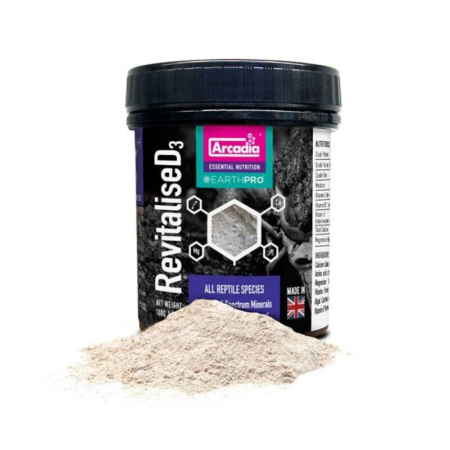
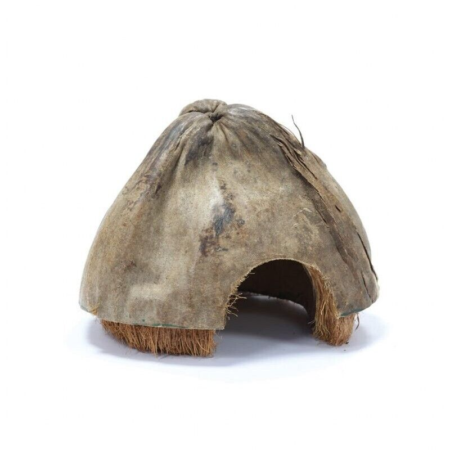


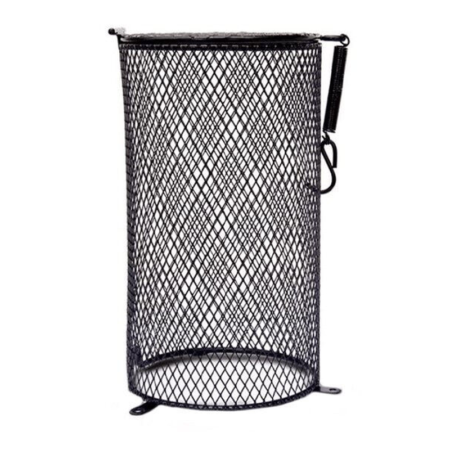

 Assorted Colour Vampire Crab Geosesarma Sp 2-3Cm
Assorted Colour Vampire Crab Geosesarma Sp 2-3Cm 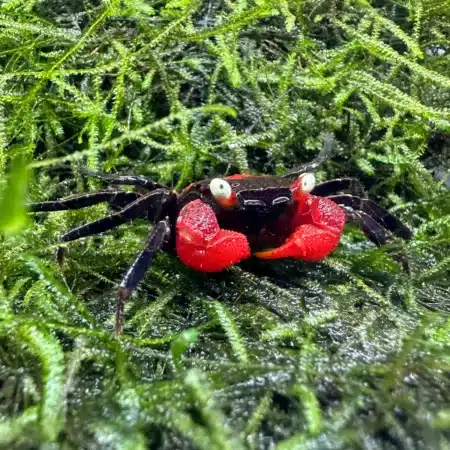 Red Devil Vampire Crab - Geosesarma Hagen - Decapod Crustacean
Red Devil Vampire Crab - Geosesarma Hagen - Decapod Crustacean 
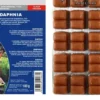



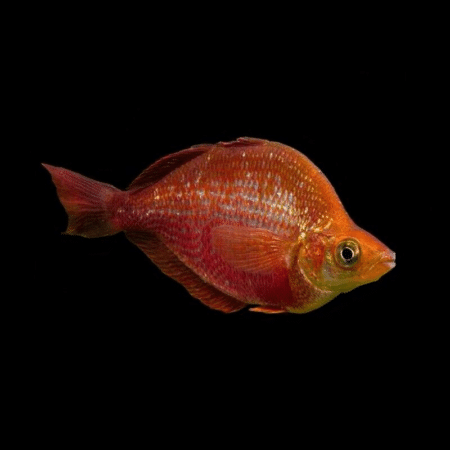
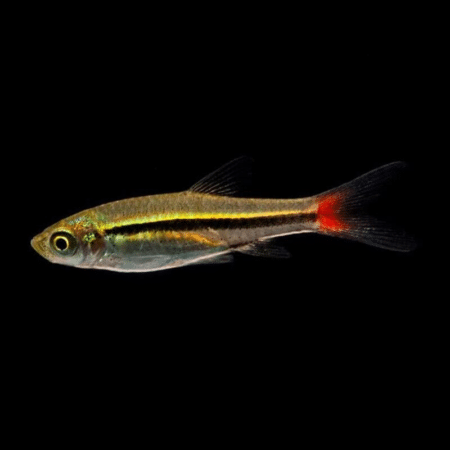
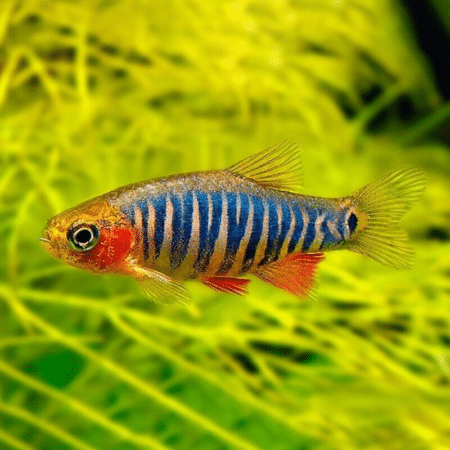

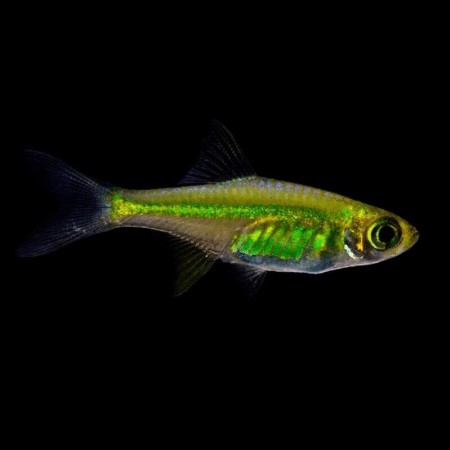

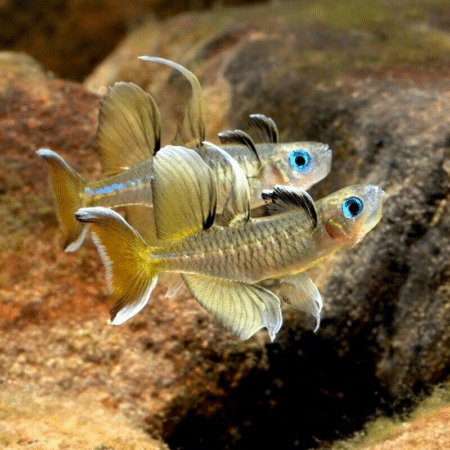

Jessica Reynolds (verified owner) –
As a passionate aquarium hobbyist, I’ve always prioritized the health and happiness of my fish, especially my discus. After using the 6X100G Discus Life Vegetable Plus Blister for about a month, I’m thoroughly impressed! This algae and plant-enhanced feed has noticeably improved my discus’s color and vitality. They eagerly eat it, which is a great sign of quality. I’ve noticed that my fish are more active and vibrant compared to when I was using a generic brand. Unlike other products, this one is rich in fiber and packed with nutrients that cater specifically to their needs. I love how it’s conveniently packaged in blisters, making it easy to thaw just what I need without wasting any. My only small concern is that it can be a tad messy when thawing, but it’s a minor trade-off for such quality nutrition. I highly recommend this product to anyone with discus fish or other tropical fish looking for a premium feed that ensures their well-being. You won’t regret it!
Lisa Morgan (verified owner) –
I recently started using the 6X100G Discus Life Vegetable Plus Blister and I couldn’t be happier! As a passionate discus fish owner, I prioritize their health and well-being, and this product has truly impressed me. The natural algae and plant-enhanced formula provides essential nutrients that my discus need to thrive. After just two weeks of feeding, I noticed a significant improvement in their coloration and activity levels—it’s like they finally found their spark again!
Compared to other frozen feeds I’ve tried, this one is more nutrient-dense and my fish seem to love the taste. I appreciate that it’s easy to portion out, making feeding time a breeze. One minor concern is that the blister packs can be a bit tricky to open without making a mess, but it’s a small price to pay for such quality nutrition.
I highly recommend this product for anyone serious about discus care or those looking to enhance their aquarium community. The visible changes in my fish’s health and vibrancy are just incredible. I’ll definitely be repurchasing!